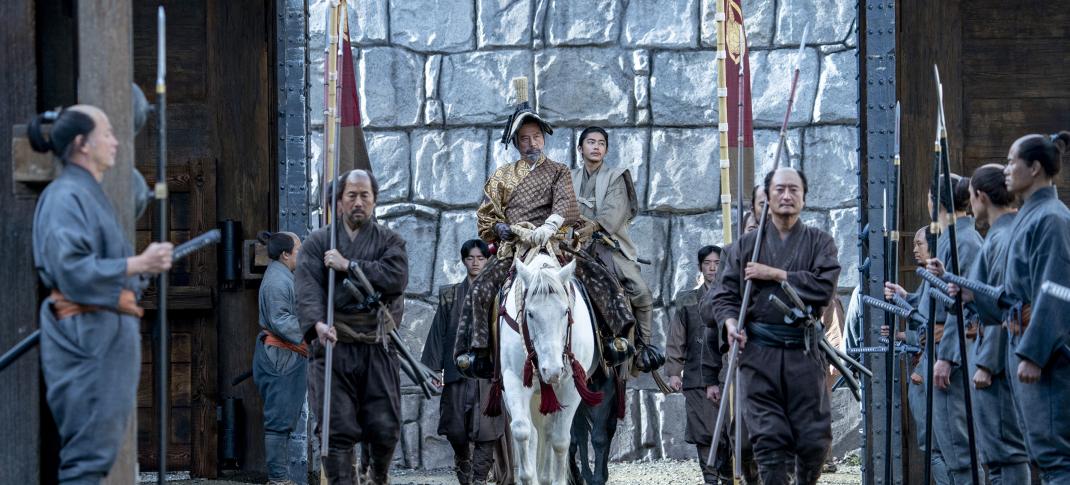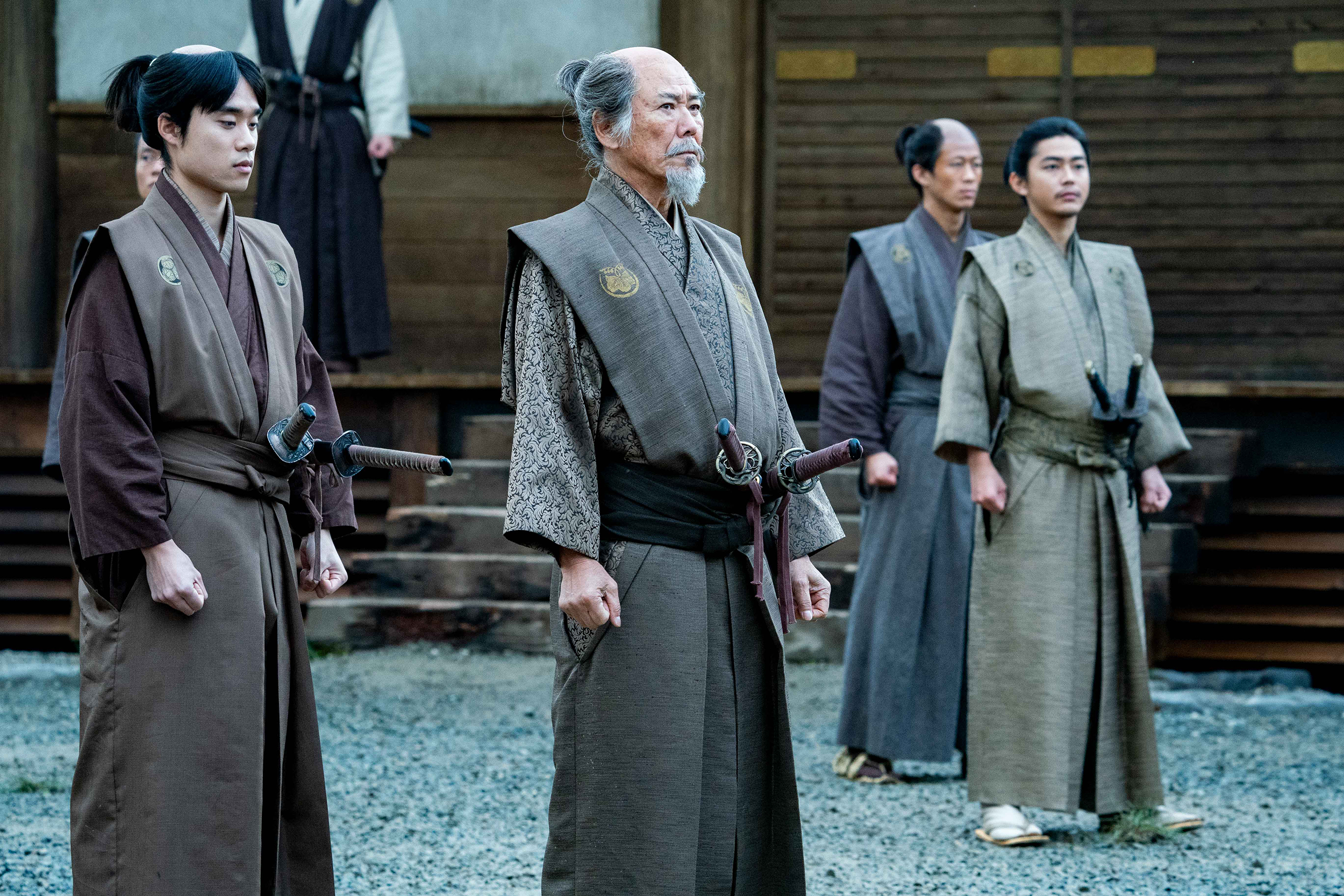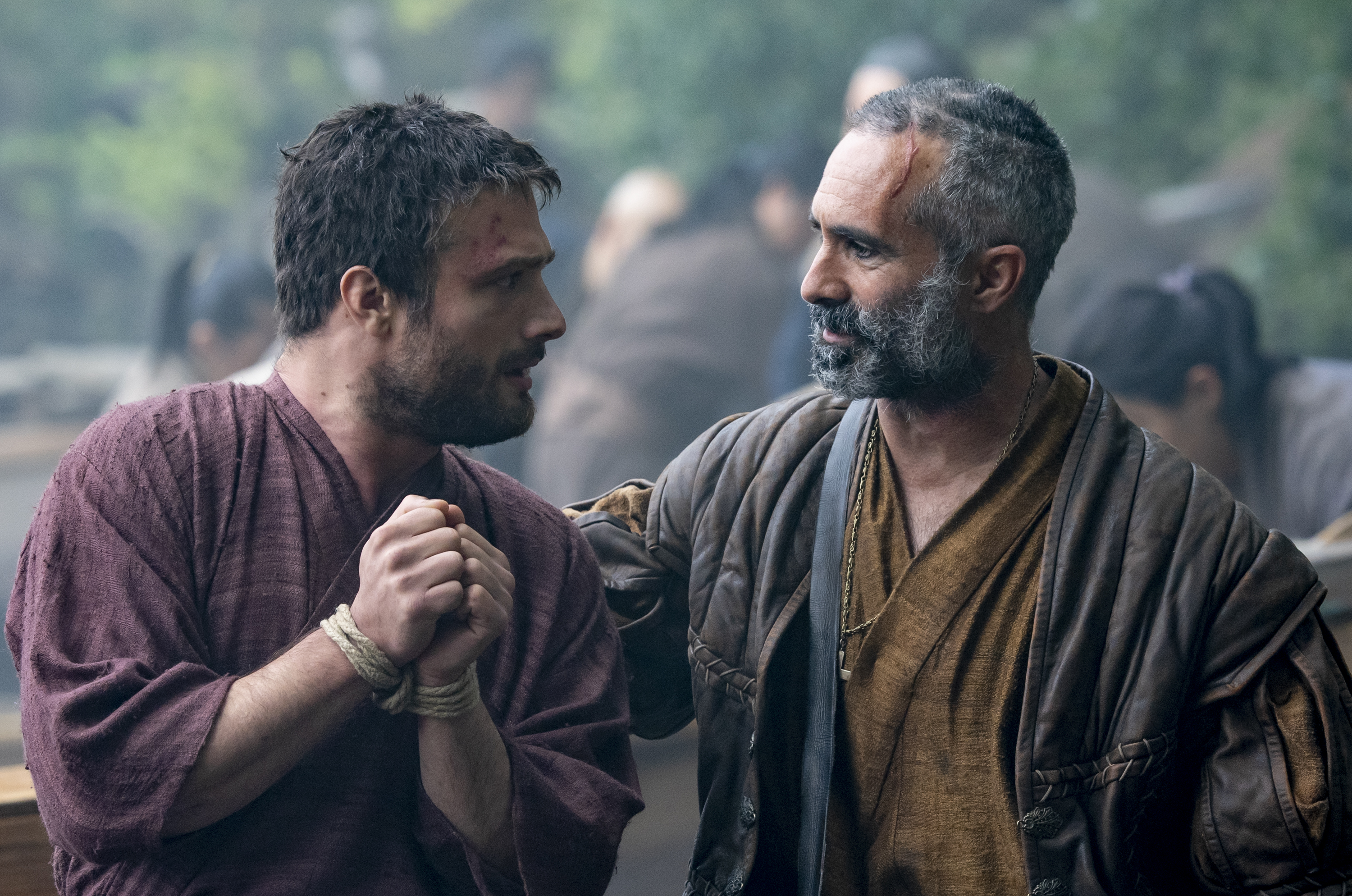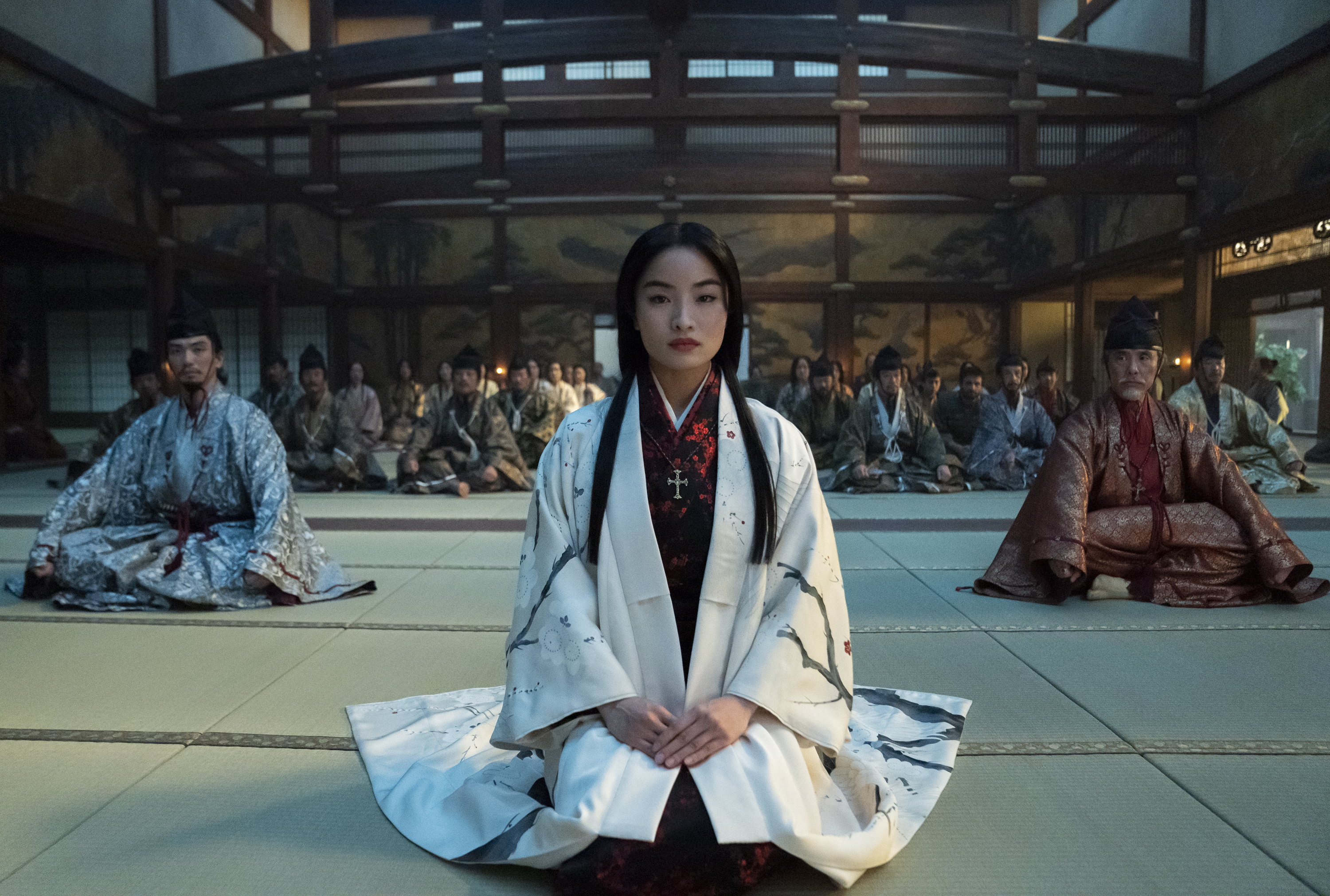With 'Shogun,' FX Lays a Claim for Best Show of the Year

Hiroyuki Sanada as Yoshii Toranaga in 'Shogun' Episode 1
Katie Yu/FX
The dawn of the 1600s was a pivotal historical moment for Japan and the European powers vying for a slice of its power. Portugal and their Jesuit priests were the only nations engaged in trade with Japan, having first made contact some 60 years previously; however, tensions across Europe pushed countries like Spain, Holland, and England to challenge their autonomy on trade. Japan was about to enter its Edo Period, where for over 250 years, the country was ruled by the Tokugawa shogunate (a hereditary military dictatorship that, in effect, extended over the entire country) and was caught in a chaotic state of flux.
This defining chapter of Japanese history is what pushed Australian-British author James Clavell to write Shōgun, a 1975 novel about following Englishman John Blackthorne after he is taken prisoner on Japanese shores and his increasing diplomatic value to the warring daimyō Toronaga as he ascends towards dictatorship of Japan. Toranaga and Blackthorne are inspired by real-life figures from the first Edo Period shōgun Tokugawa Ieyasu and William Adams, the first Englishman to reach Japan – but both Clavell’s novel and the new FX miniseries adaptation take full advantage of being historical fiction.
Get ready to have your appetite for feuding clans and scheming bureaucrats completely satiated; Shōgun is pacy, stunningly crafted stuff. The series is packed with compelling drama and brilliantly performed characters, joining the annals of exemplary period dramas by deftly demonstrating how to make feudal politics exciting. Over the first eight episodes (there are ten in total, the climactic two not being available to review), Shōgun rousingly stakes a claim for the best show of the year thus far.
Shōgun has an enviable ensemble of the majority of Japanese performers, all adding historical detail and emotional color to the in-crisis Sengoku period in Japan. However, the show gravitates around three central characters. Toranaga (Hiroyuki Sanada) is afforded much more depth than American stories of historic Japanese Lords usually provide; he is wise and proud, yes, but these archetypal characteristics feel well-worn and lived-in, a result of a complex and concealed emotional past.
Sanada, who has been ill-served by American productions for some time now (Avengers: Endgame, Bullet Train, Mortal Kombat – John Wick 4 gets a pass), fills the characters with a depth of feeling and a dash of insecurity; in his hands, Toranaga is constantly considering the loyalty his circle pays him and scrutinous of what they’re concealing. He is also fantastic at scheming.
Such scheming is necessary in his current predicament – after the passing of the previous ruler, Toranaga acts as a regent until his Heir comes of age alongside four other daimyōs who now want him out of the picture – led by the formidable Ishido (Takehiro Hira). Conveniently, Blackthorne (Cosmo Jarvis) is marooned in Toragaga’s territory and, as a Protestant who hates the Catholic Portuguese traders, can be quickly deployed as leverage against the Japanese Christian regents.
As Blackthorne, Jarvis gives the show’s boldest performance – or maybe it just stands out the most. His Blackthorne is aggressively boorish, a hardened, resolute Brit who cares little for Japanese custom and feels like an exaggerated lout until you realize that most sailing Englishmen from 1600 would probably be this obnoxious. Strangely, the performance feels less constructed than other contemporary period dramas: the character hasn’t been sanded down to a naturalistic and modern-coded persona, the type you see on new BBC dramas where a collection of affectation and accent is meant to substitute for a sincere evocation of the past.
Yes, Jarvis spends a lot of Shōgun exaggerating. Still, he reels you in more than he puts you off – and it’s fascinating watching the vulnerable and uncomfortable ways he softens (submits?) to Japanese order and society.
Then there’s the third in the trio of leads, Blackthorne’s translator, Lady Mariko (Anna Sawai). She is central to Shōgun’s themes on translation – how it can be used to protect someone from cultural transgressions or how it can be weaponized to misrepresent an offending party. (In the 1980 miniseries adaptation of Shōgun, everything was strictly from Blackthorne’s point of view – none of the Japanese language was subtitled.) Her position as a woman married off to a cold samurai is interrogated from all sides – like Sanada, Sawai’s take on the character is loaded with intent and purpose. Some of her scenes are the most moving and sensitive in the series, especially as her dynamics with other men are all threaded with unique definitions of power.
Mariko isn’t the only attempt to engage with a patriarchal Japan – all the female characters (admittedly, a smaller number than the male ones) offer different perspectives on how to grasp power in a precarious time, undermining the surety of patriarchal, militarist order held by the samurai and daimyōs.
There’s so much more to unpack with Shōgun – the texture of the illicit scheming scenes, the synth-infused orchestral score, the booming, tactile action sequences – too much to commit to a single review. But as it launches, a few fundamental truths are evident: this delivers everything you want from historical drama, giving a valuable perspective that expands beyond the purview of the British Empire and injects a bristling sense of crisis in every episode. Shōgun is nothing short of a feast.
Shōgun debuts with two episodes on Tuesday, February 27, 2024, on FX and Hulu, with one a week to follow through the end of April.







